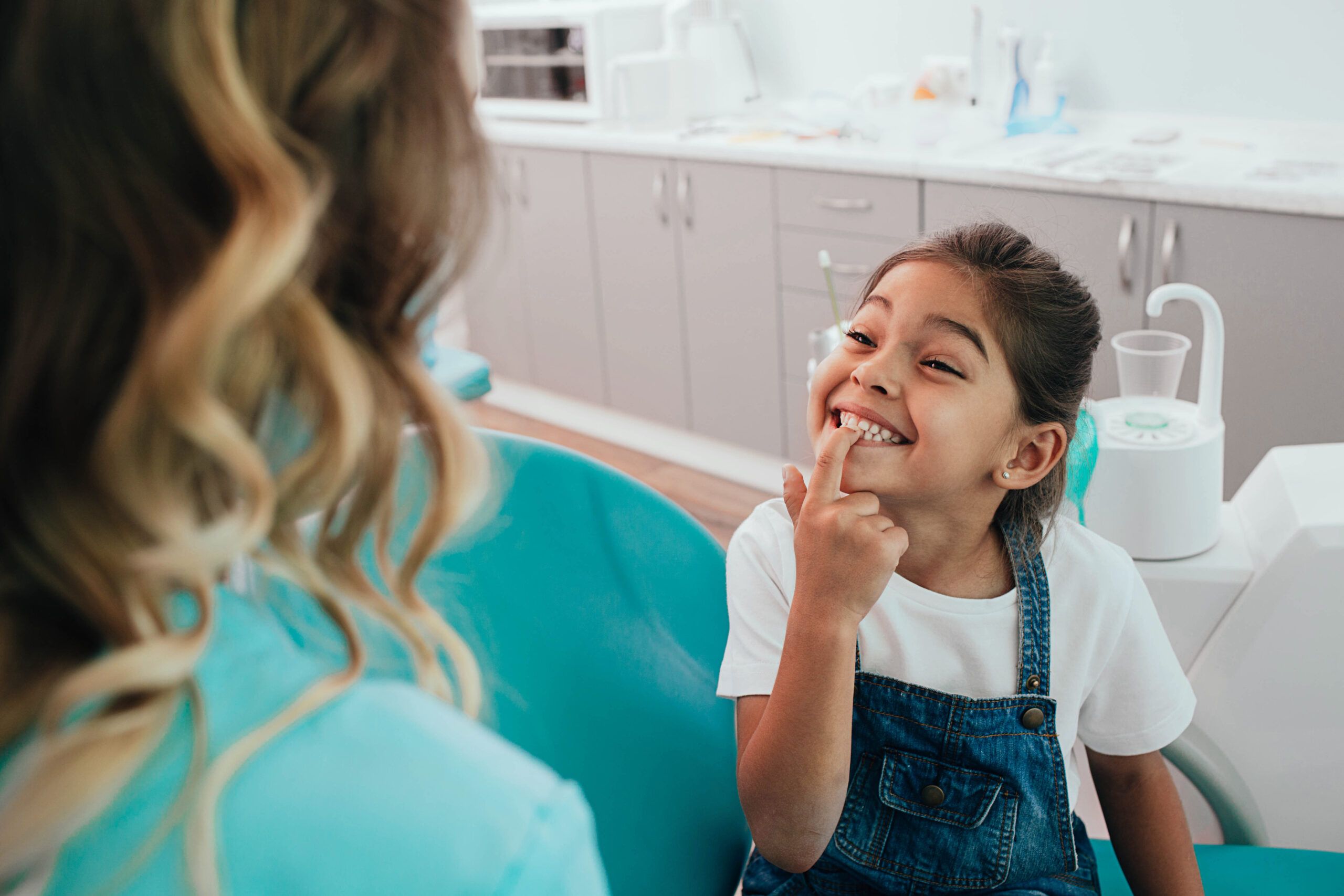Why Is Dentistry For Children Important For Their Health?
As a parent you want what’s best for your child and to keep them as happy and healthy as
possible. Taking care of your oral health is important for keeping your overall body healthy.
Taking your child to the dentist early will ensure their overall health is in check, and their
beautiful smile will be on the right track as they grow older. Discover more about taking your
child to a pediatric dentist at an early age and why dentistry is important for children’s overall
health.
Develop Important Dental Habits Early On
Developing good dental habits at an early age will help you set up your teeth and overall body
for success! Oral health contributes to your overall health, so as a parent, you must teach your
child the importance of brushing and flossing. Taking your child to the dentist will allow them to
be taught all they need to know about good brushing tips and techniques. These include using
the right toothbrush, toothpaste, flossing, and good techniques for tooth brushing. Little kids
may go through the motions of tooth brushing, but taking them in person to a dentist’s office will
allow the pediatric dentist to demonstrate proper brushing techniques so they can learn healthy
habits to bring home.
Find Any Issues Early
When your child gets a dental exam from their pediatric dentist, they get a complete cleaning
and checkup to assess their oral health. If they find a cavity or other dental issue at that time, it
should be caught early on to prevent it from worsening or causing other issues. The American
Academy of Pediatric Dentistry recommends having a first dental visit at the age of 1.
Consulting with a pediatric dentist as soon as possible can help you plan your child’s oral health
for success.
Prevent Dental Anxiety
Dental anxiety can be common in both young children and adults. There are many myths about
dental appointments being painful and scary. At your child’s first visit, the pediatric dentist and
hygienist will hardly touch your child’s teeth and perform more of an exam to get them
comfortable with the atmosphere. Taking your child in around the age of 1 is the best way to get
them comfortable and familiar with the office and the tools and prevent them from being anxious
about appointments in the future.
Schedule Your Child’s First Appointment At Lindner Dental Associates
Taking your child when they are young will build confidence in their dental habits and
experience in the dental office! Learn how our pediatric dental team at Lindner Dental
Associates can help you and your child today. Our team is committed to providing a welcoming
and playful environment and first dental experience. Our team works to provide exceptional
pediatric dental care for your little one. Contact us today to learn more about pediatric dental
care and scheduling your child’s first dental visit!













